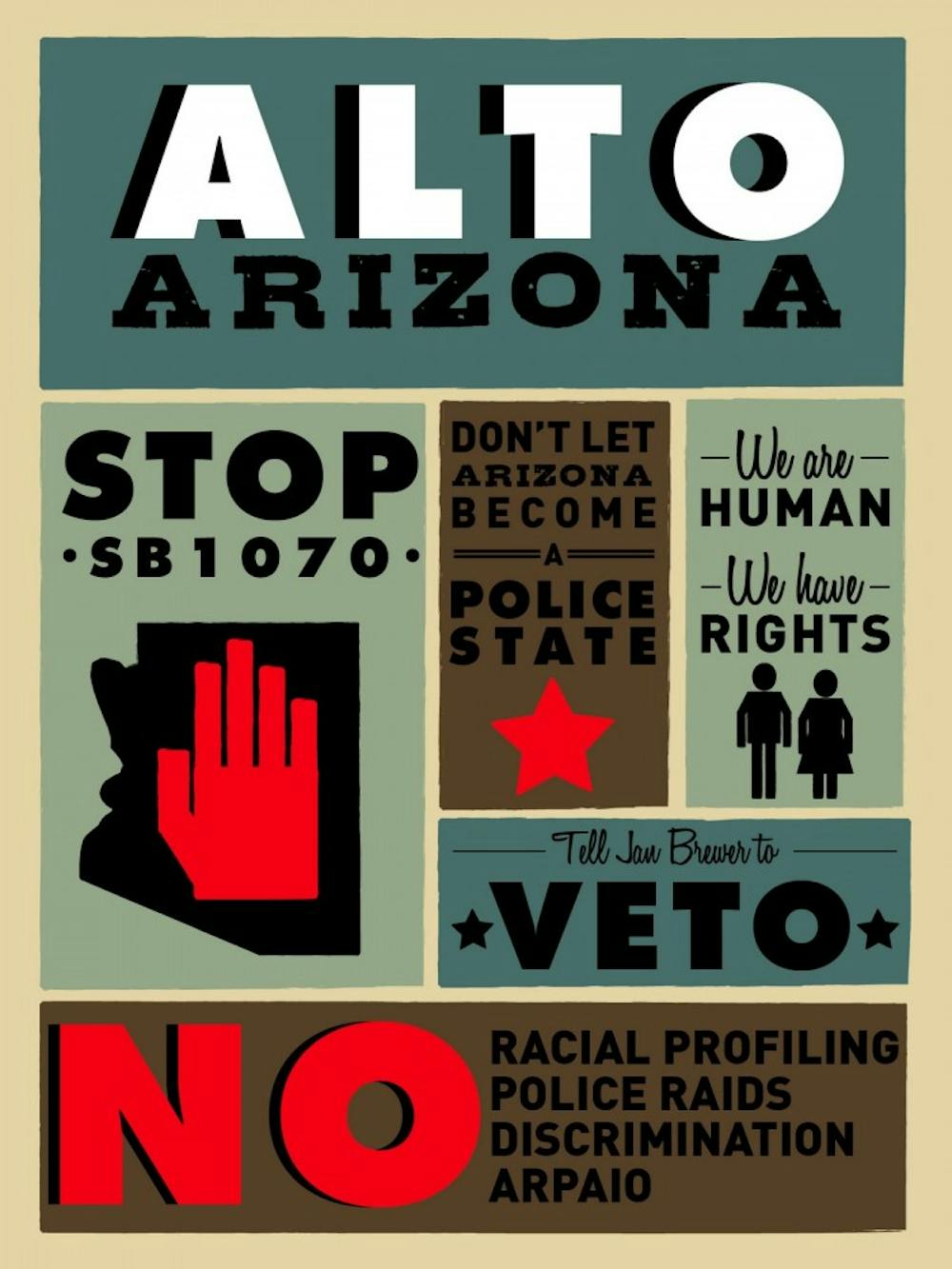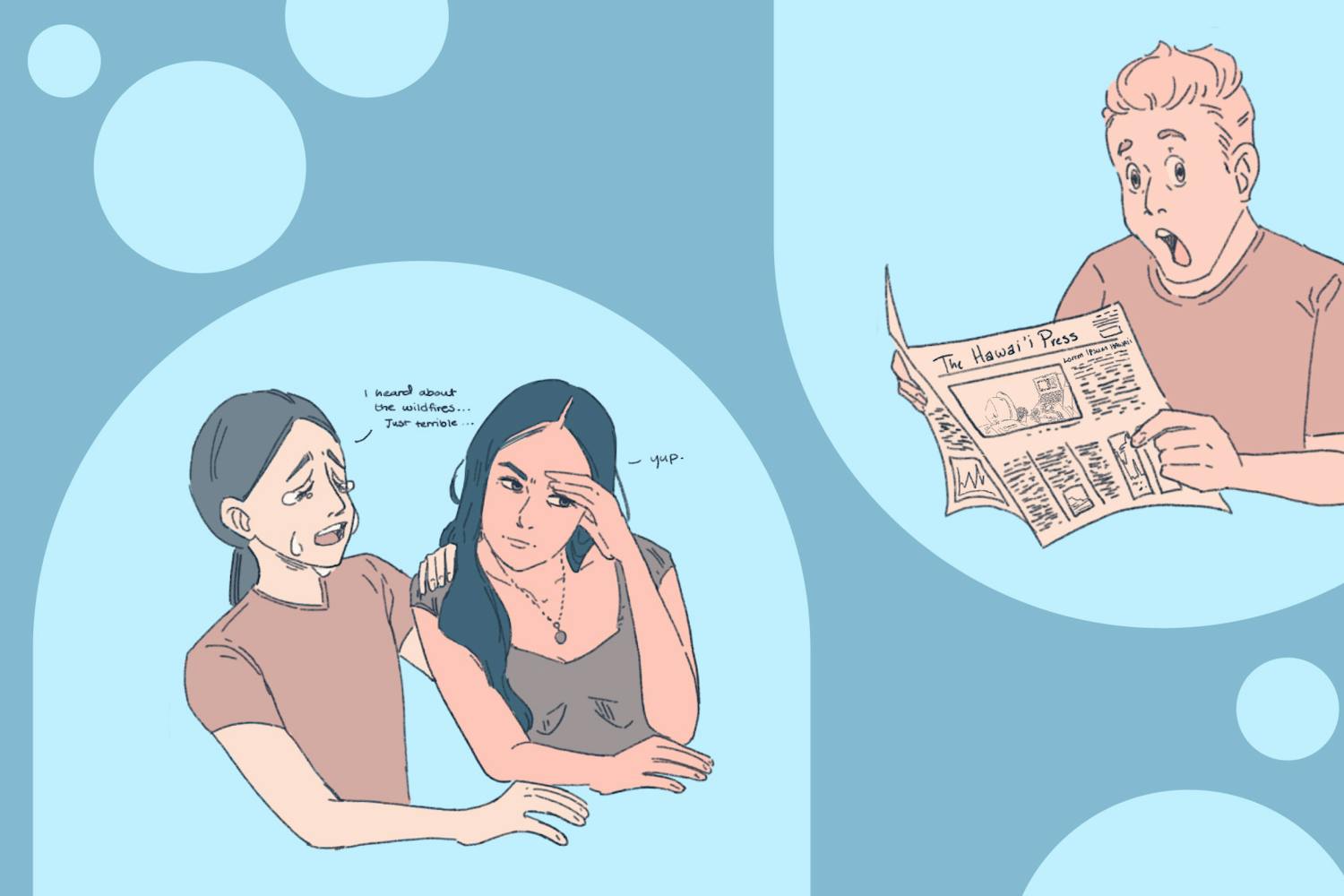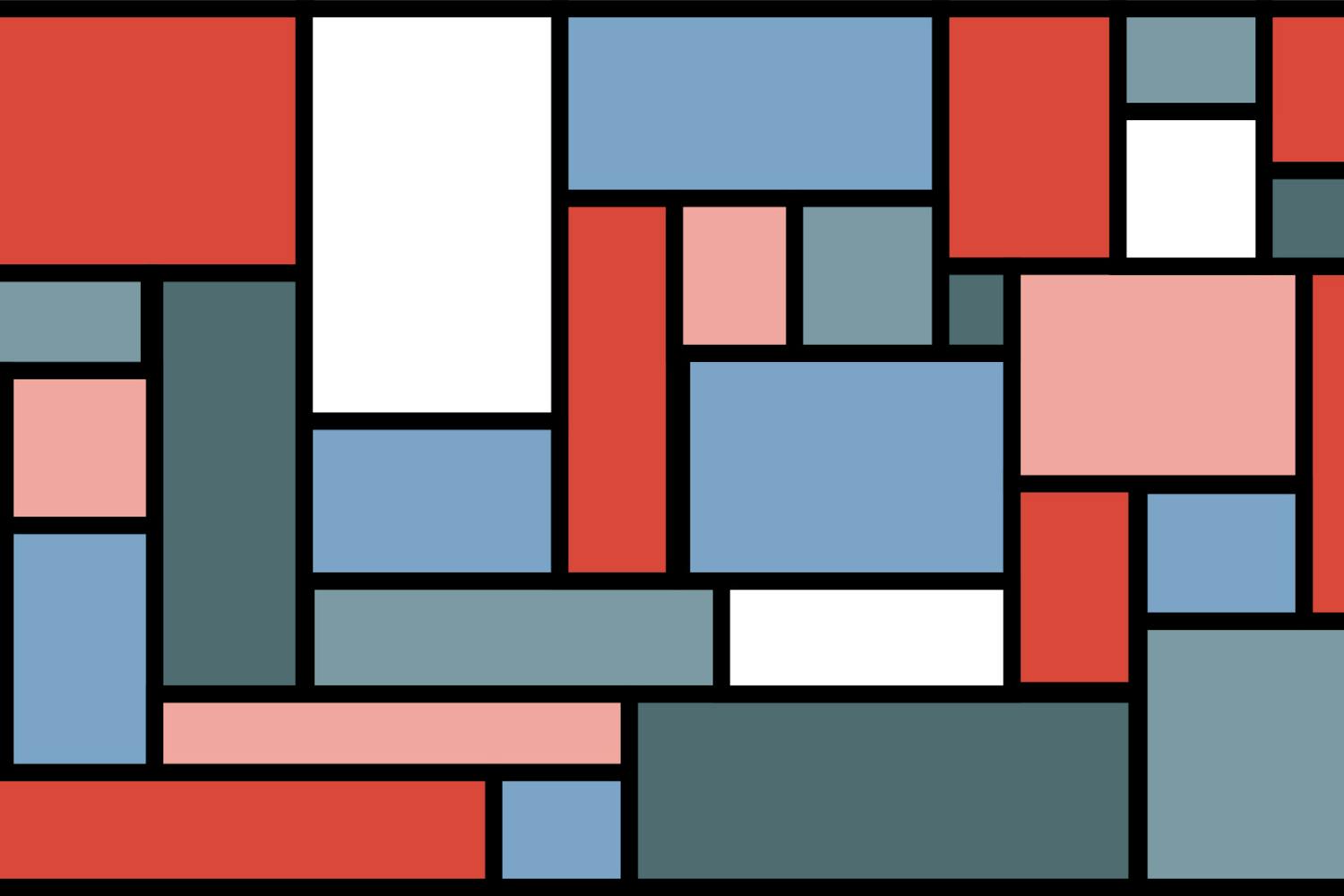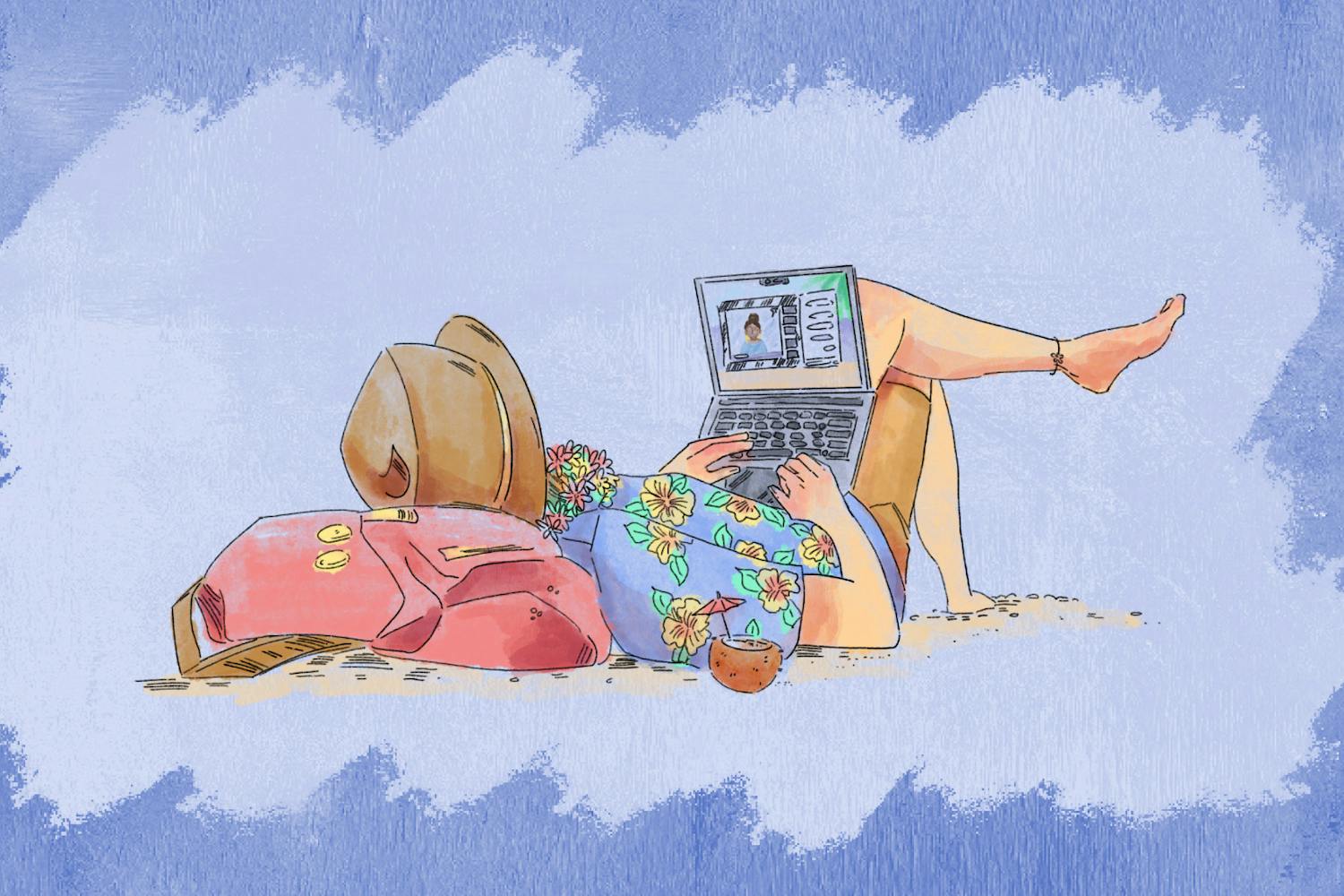We all remember how several bands boycotted Arizona to protest the immigration law last year, which honestly, proved to be pretty ineffective. Manu Chao, one of the world’s hippest and most popular musicians, decided to try a different approach to showing his concern for the people of Arizona. In collaboration with the National Day Laborer Organizing Network, Manu Chao and his band performed in Phoenix to support Alto Arizona last Wednesday at West Grant and 2nd Avenue.
Manu truly proves that music is the universal language. Manu Chao is known for his experimentation with world music and infusions of electronica and rock. His music has many influences including punk rock, salsa, reggae, ska, and others which he credits are from his heritage, his immigration, and his nomadic travels. This experimentation also lends itself with words as he weaves his lyrics with Spanish, French, English, Portuguese, Galician, Arabic, and Wolof.
But what I really wondered was why is Manu so interested and invested in Arizona? A fellow concertgoer explained to me that Chao was originally from Spain, but he and his family immigrated to Paris to avoid Francisco Franco’s dictatorship. Much of his childhood experience inspires his lyrics about immigration, poverty, and love. Manu's native countries, France and Spain, are also dealing with similar immigration policies as Arizona.
Upon arriving at the event, I could see hordes of representatives from various human rights organizations leading crowds in cheering, chanting, and signing petitions for their causes. Music fans and human rights supporters eagerly showed for the concert.
?At 8 p.m., the show began and so did the celebration. Manu Chao and his band energized the concertgoers with their passionate delivery of music ranging from frantically paced punk rock (“Romerito Verde” and “A Cosa”) to leisurely and smooth reggae (“Mr. Bobby Marley”). Manu would at times intersperse his songs with snippets of his political opinions about Arizona’s anti-illegal immigration laws (though my Spanish is rusty, I heard the words “embarrassing” and “illegal”).
About halfway through the performance, Manu and his band left the stage so that civil rights activist Salvador Reza could speak about the real reason we were all there-- to emphasize that there is no such thing as an illegal human being.
Once the band was back on stage, they continued their performance with a song that describes the unfair treatment of immigrants and migrant workers called “Clandestino," and the passion in the music and in the crowd was unforgettable. At the end of the two-hour concert, Manu Chao and the band members left the stage on a thankful and appreciative note.
The uplifting evening encouraged thousands of people to fight for civil rights by being open, joyful, and engaging. Without being violent, contentious, or disruptive, the cross-cultural musician was able to challenge Sheriff Arpaio, and even when singing about injustice, Manu didn’t spread negativity towards Arizona. His purpose was to get us excited about what we can do to change what is happening here. We didn’t have to kick and scream to bring attention to people’s rights; we could dance and sing to call out the injustices.
What I remember the most from the night was not just the music, but a gesture of Manu’s. His performance came from a real place with real emotion, which was especially seen when he beat his chest with the microphone in the rhythm of a heartbeat during “La Primavera.” That seemed to say it all.





